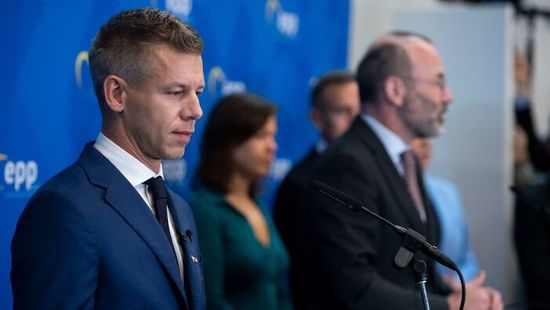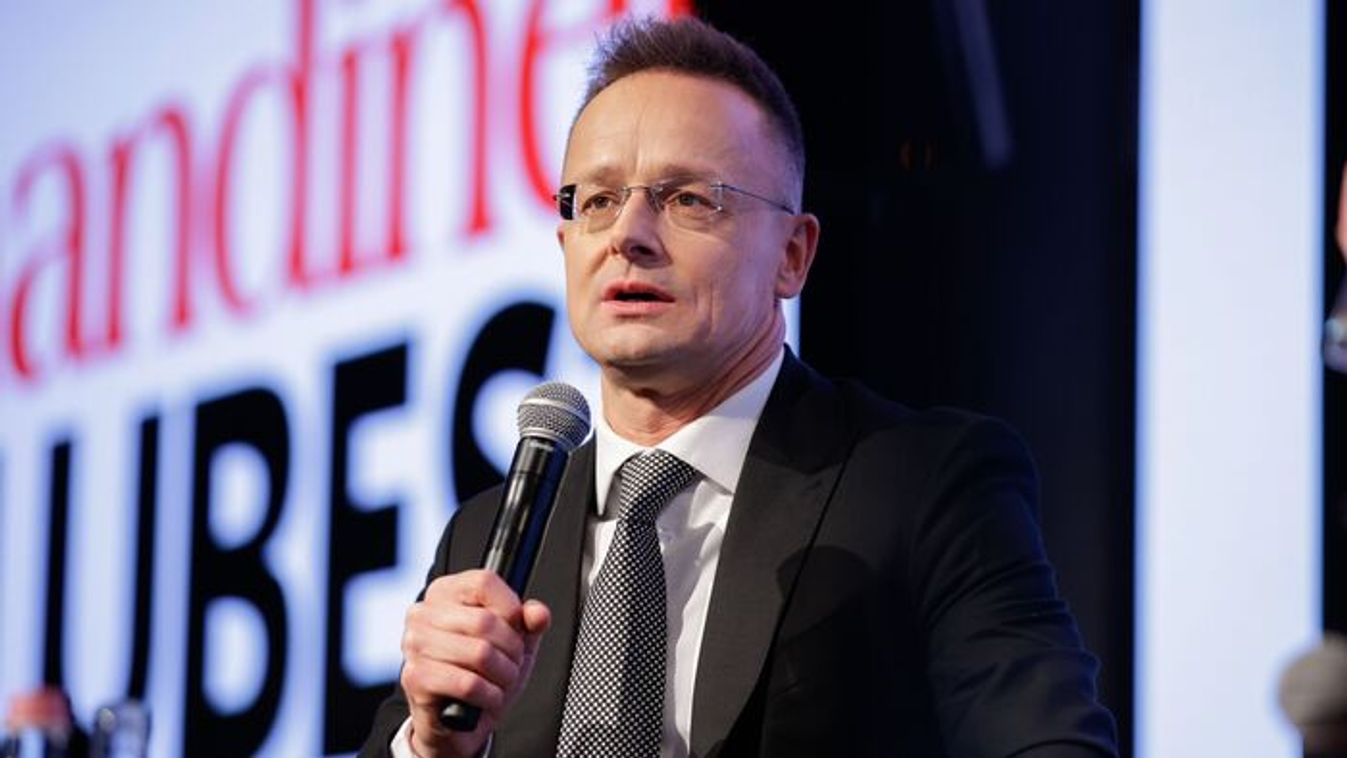Elemző: nem a Fidesz legfőbb érdeke, hogy nyilvánosságra kerüljön Magyar Péter legsötétebb titka

Az sem maradt sokáig rejtély, miért „ijedhettek meg egy ágy képétől” a baloldalon.

Once again, we find the good old, critical intellectuals lighting the way for a younger generation of left-liberal politicians. This year's election will show whether our renowned, leftist intellectuals or the right-wing Fidesz machine knows more about the thoughts, needs and wishes of Hungarians, and furthermore, about Hungary itself.
"So after a hugely crushing election defeat in 2010, and a clear message that change and renewal is needed, the Left produces a list consisting of 1) Their Prime Ministerial candidate at the last election, 2) The last MSzP Prime Minister; 3) The one before that. Bravo, guys. You've really reinvented yourselves. No baggage there at all. Idiots." (A comment at Politics.hu)

Take a look at the picture above.
From left to right, they are: Mr. Gordon Bajnai, once the minister of state for governance and regional development before becoming prime minister; Mr. Attila Mesterházy, who was the Socialist's deputy faction leader before becoming party chairman; Mr. Ferenc Gyurcsány, former Socialist prime minister; and Gábor Fodor, former minister of environmental protection.